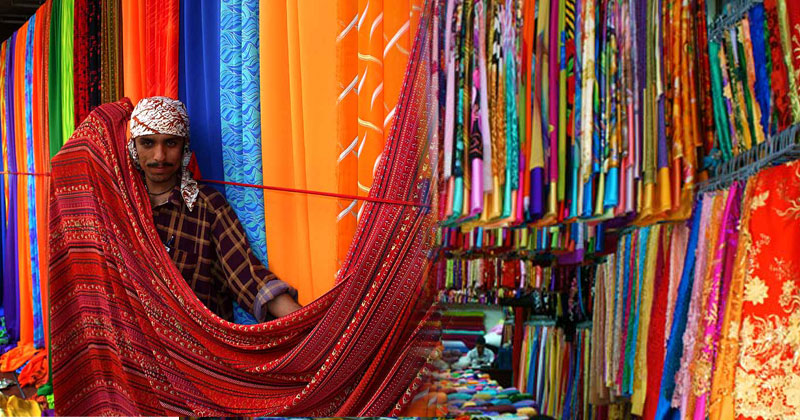
While the government has raised the imports tax for textile goods which disheartens the buyers, the makers of the goods will benefit from the scheme.
The government on Tuesday raised import duty on several textile products, including garments, scarves, and carpets, as part of its plan to protect domestic manufacturers and support the ‘Make in India’ initiative. The tariff hike on 32 product categories comes after recent increases across several sectors, from mobile phone to TV sets and toys.
A few weeks ago, the government had increased import duty on some textiles goods as it wanted to encourage local manufacturing by making imports more expensive. In the latest round of hikes, disclosed in Parliament on Tuesday, import duty has been doubled to 20% for most product categories. Textiles is seen to be a labor-intensive sector and local production is expected to create jobs, apart from boosting demand for raw material such as cotton, a politically sensitive commodity.
“The increase in tariff on textile goods will help the Indian industry and give a fillip to ‘Make in India’. The export needs to be compensated for tariff hike through a corresponding increase in duty drawback rates. Such rates should be notified immediately to safeguard the interest of MSME exporters,” said Ajay Sahay, director general of Fieo, lobby group for exporters.
While the move will impact imports from most countries, including China, Turkey, Vietnam and Sri Lanka, Bangladesh may be able to enjoy lower duty due to its least developed country status. In the case of Sri Lanka, some of the concessions under a trade agreement with India may help lower the impact of higher tariffs.
Foreign players were critical of the move even though some of them produce a majority of their products in India. The CEO of a European luxury brand said there were segments such as some jackets where the demand was lower and the company wanted to protect its intellectual property and had to import goods into the countries. “Before most global brands set up shop here, people used to buy even branded T-shirts from abroad. With global brands now looking at India as a growth market, this move is being seen as something that will push up prices and reduce consumption. Depending on price hikes, the same trend may make a comeback where some consumers may just pick up apparel in bulk during their travels to foreign countries,” said a senior executive of a global menswear brand.
Another industry player said even a small price hike will have an impact. “A basic Tshirt, which is the cheapest item and the entry point for a consumer, accounts for around 20% of the knitted category. This, in turn, contributes around 50% to the overall sales of most brands. The difference between Rs 999 and Rs 1,099 can make or break that category,” said the CEO of a European menswear retailer.

Post Your Comments